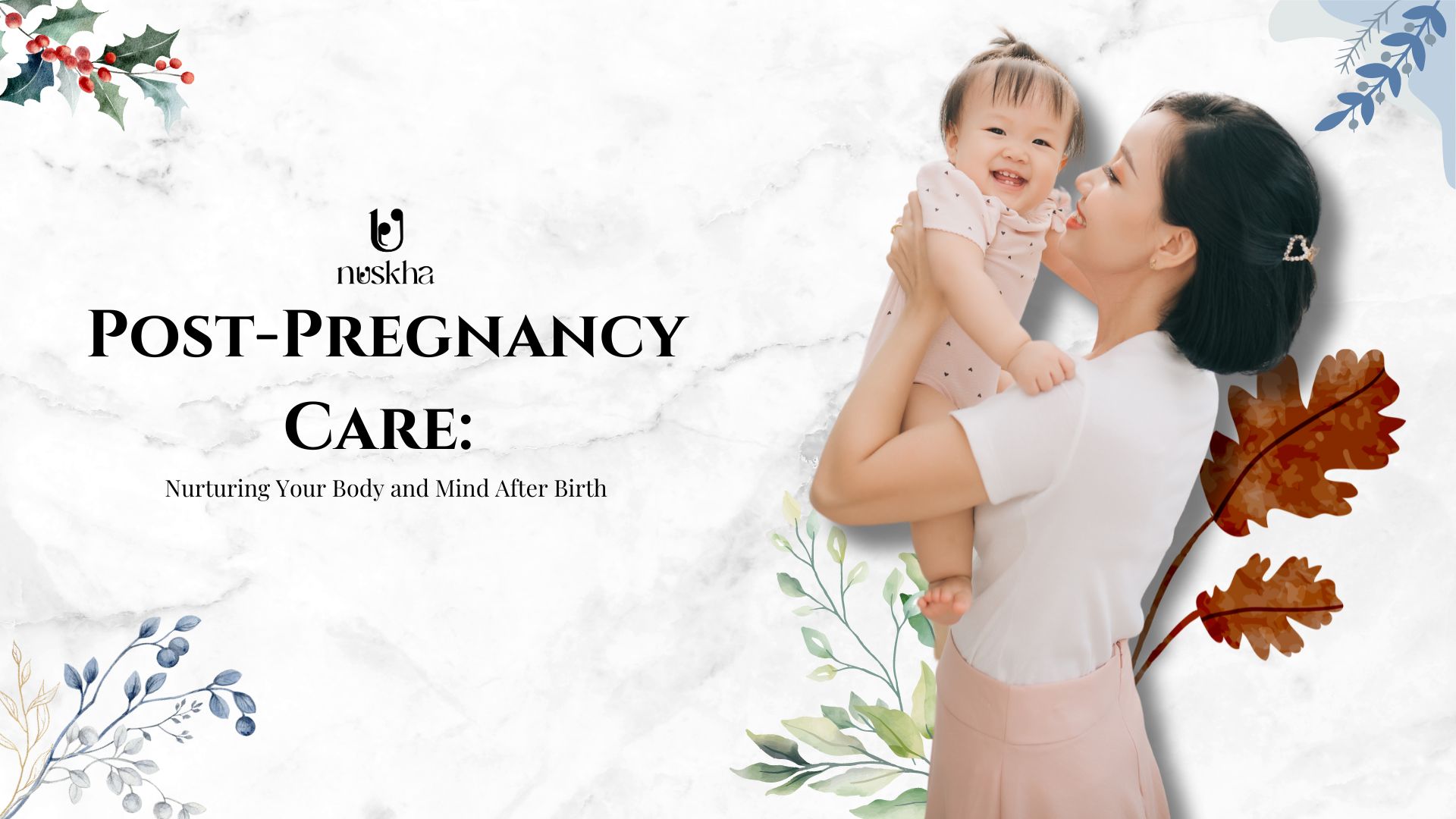
Are you a would-be-mom or have you become a mother recently? If yes, then you must be tired and looking for ways to recover fast. No wonder pregnancy is a beautiful journey while the post-pregnancy phase requires intense care. Thus, it is quite necessary to take special care of your mind and body after pregnancy.
In this blog post, we'll explore simple yet essential tips to support your well-being after giving birth. These tips include from suitable post-pregnancy diet to exercise.

After giving birth, which is both joyful and tiring, sleep becomes your best ally. It's acceptable to go slowly and take breaks whenever you can. To help you decompress, divide up domestic chores with your spouse or ask friends and relatives for assistance.
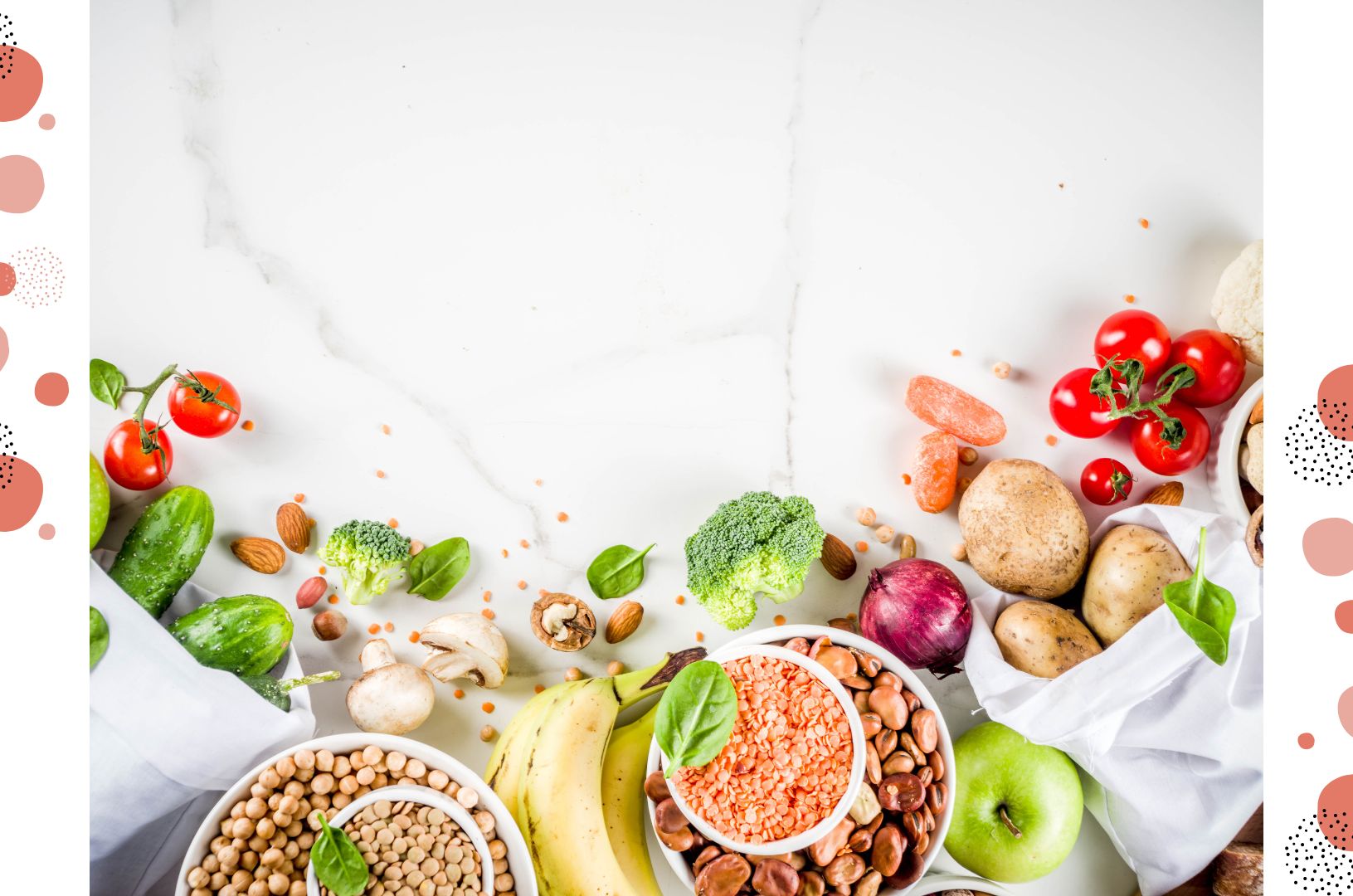
During this period, a post-pregnancy diet is another essential factor that enhances the recovery time. Make your diet rich with the Ajwain laddoo, Gond ke laddoo, Haldi ke laddoo, Ragi ke laddoo and many more.
Also, drinking enough water is essential, particularly during nursing. Have a bottle of water with you so you can drink it all day. To aid in healing and offer you energy, put an emphasis on nutrient-rich meals including fruits, vegetables, whole grains, and lean meats.
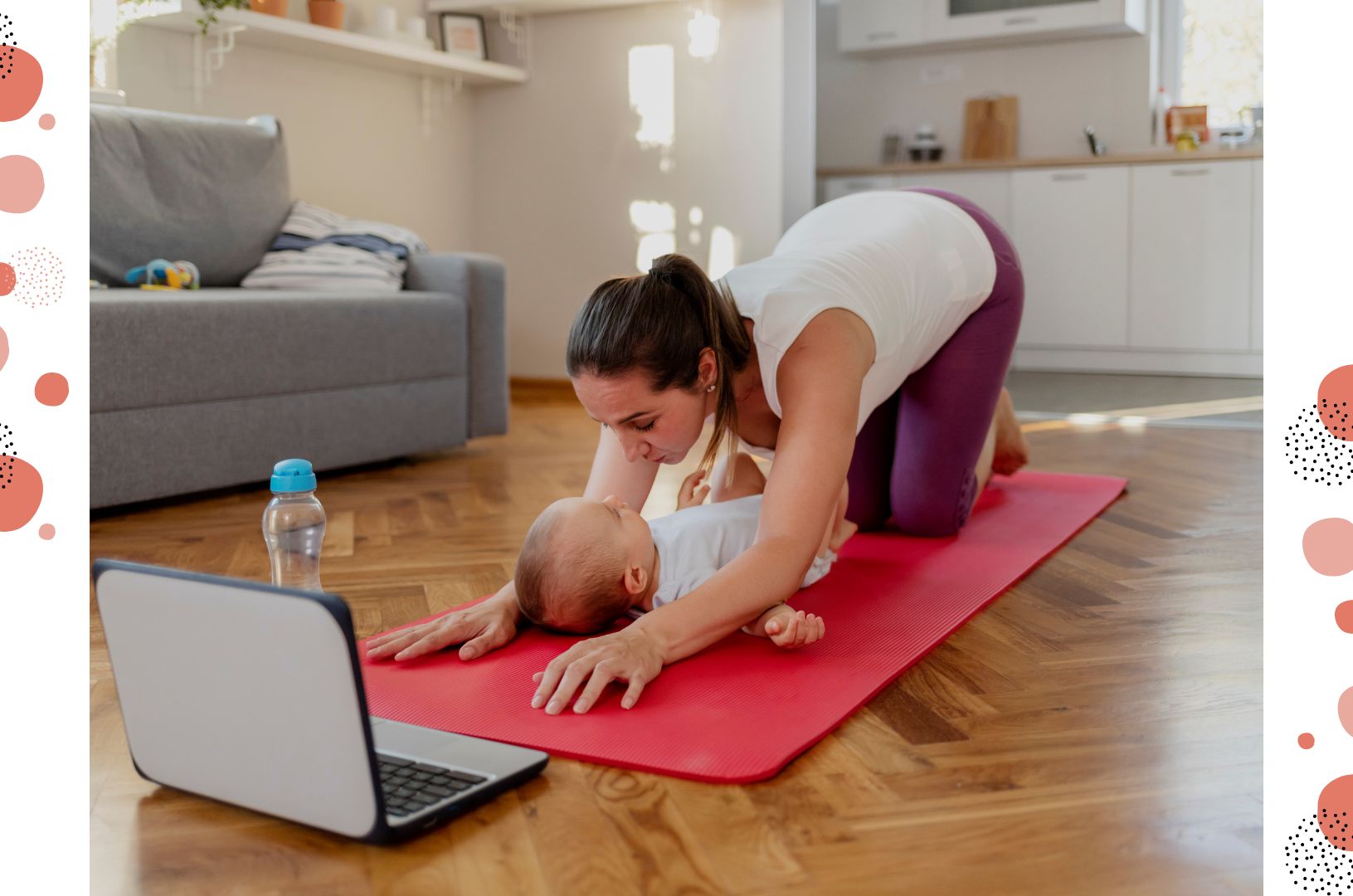
Along with a post-pregnancy diet plan, a little of exercise is needed. Light activity, like walking or postpartum yoga, might help you heal faster than more strenuous activities. Prior to starting any postpartum fitness regimen, always check with your healthcare professional. Begin with pelvic floor exercises and work your way up to lighter activities.
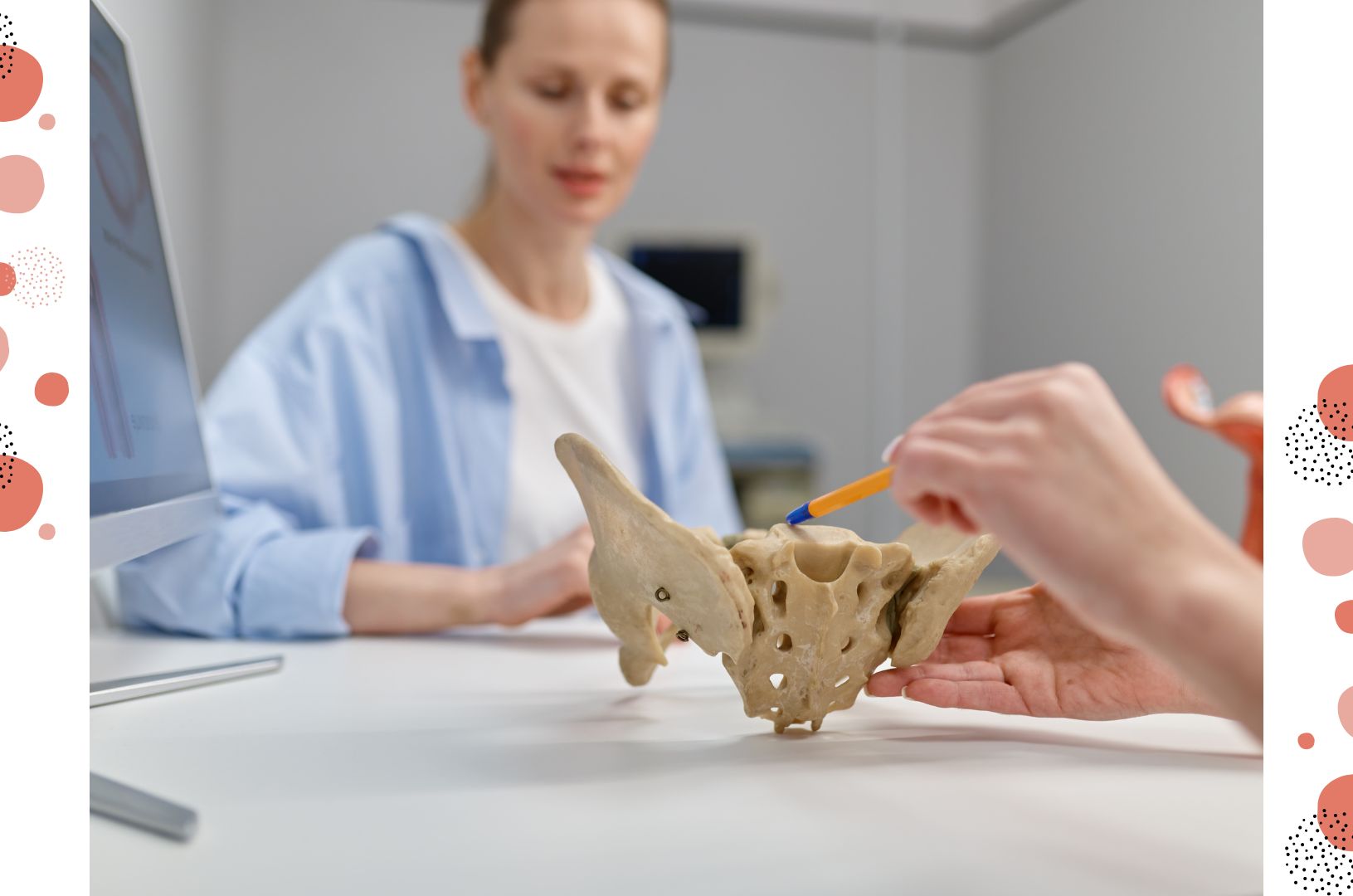
Maintaining your pelvic floor is crucial. To strengthen these muscles, which could have been injured after delivery, use Kegel exercises. These exercises aid the healing process and enhance control over the bladder.
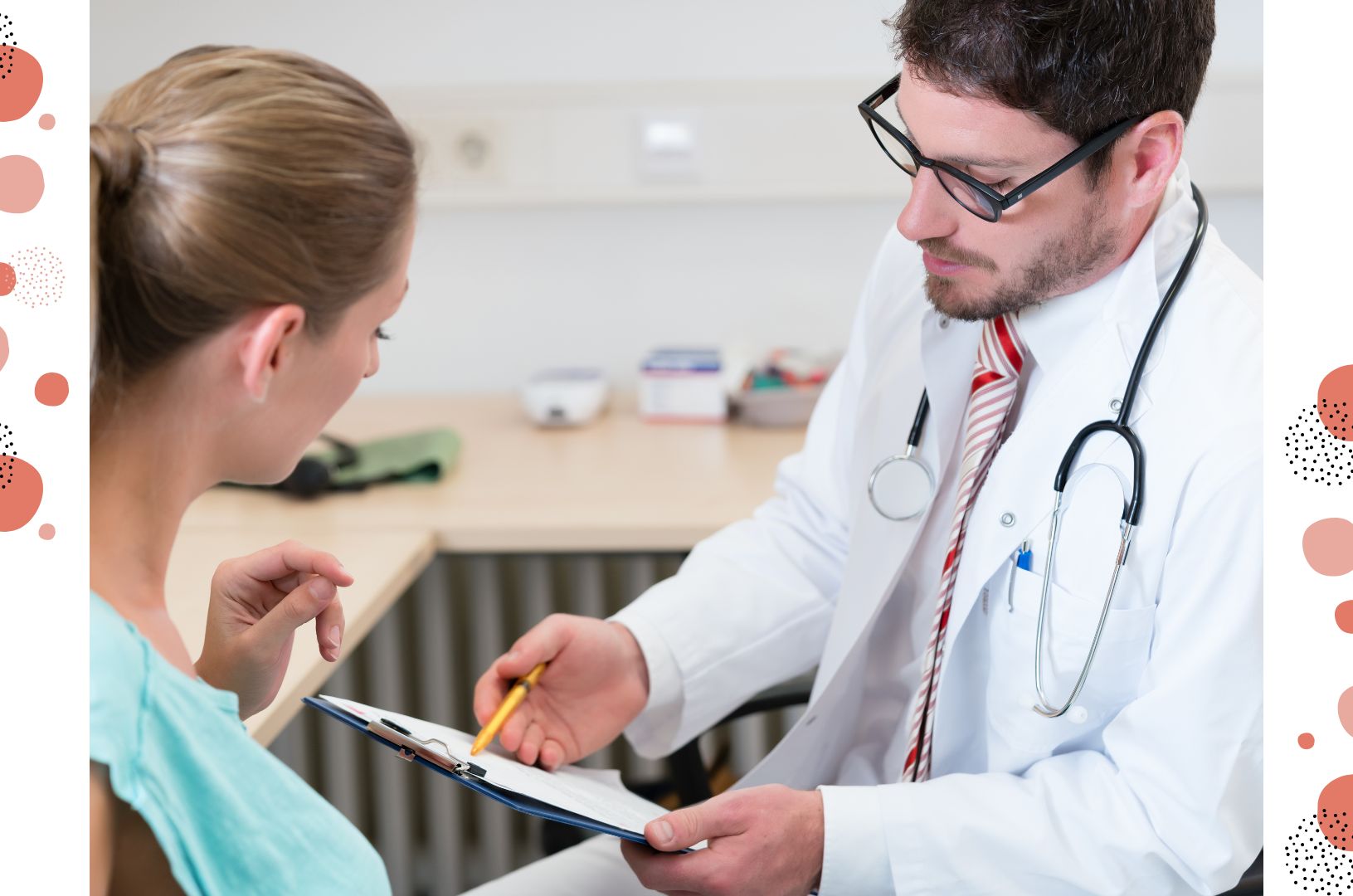
Attend the postpartum examinations scheduled by your physician. During these consultations, they may keep an eye on your recuperation, handle any issues, and, if necessary, offer advice on contraception. During these encounters, be honest about how you're feeling both physically and emotionally.

Physical and mental wellness are equally important. Tell your pals, your partner, or a support group how you're feeling. It's acceptable to feel a variety of emotions, tension may be reduced and a supportive atmosphere can be created via open conversation.
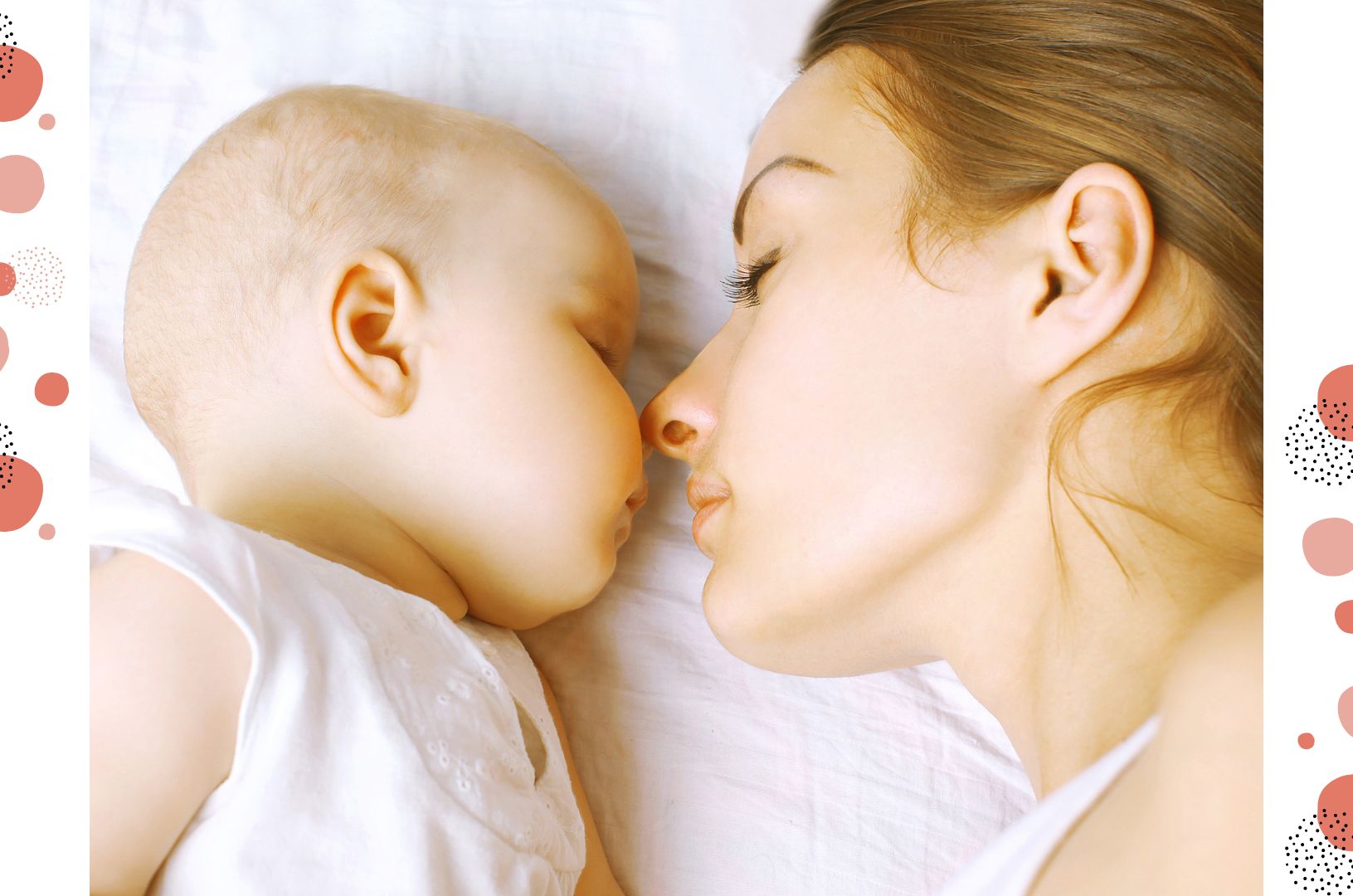
With a baby, sleep may be a valuable resource, but making time for relaxation is essential. Think about taking quick naps to refresh yourself while your infant slumbers. Establish a relaxing evening routine to let your body know when it's time to relax.
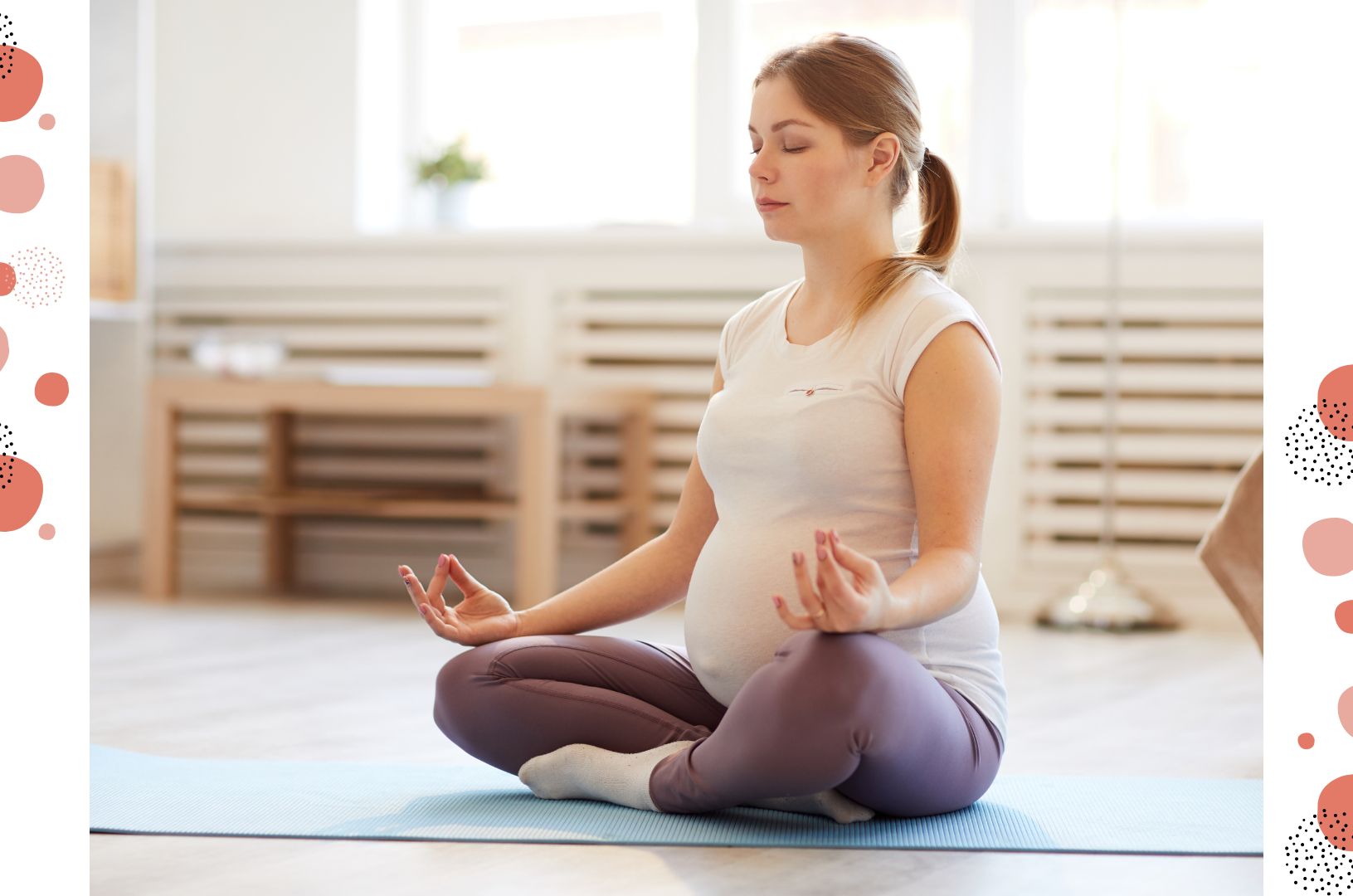
Make time for yourself while taking care of your infant. Little routines like taking a warm bath, reading a book, or sipping tea might make you feel more grounded and improve your mental health. Develop some good habits that make you happy and allow you to improve your mood.

Developing relationships with other mothers may be very beneficial. Join online or local mom groups to meet new people, exchange stories, and learn that you're not the only one facing the pleasures and trials of parenting. You can also spend time with your mother and elder sister who have experienced this journey before. It would help you in understanding your body and emotions.
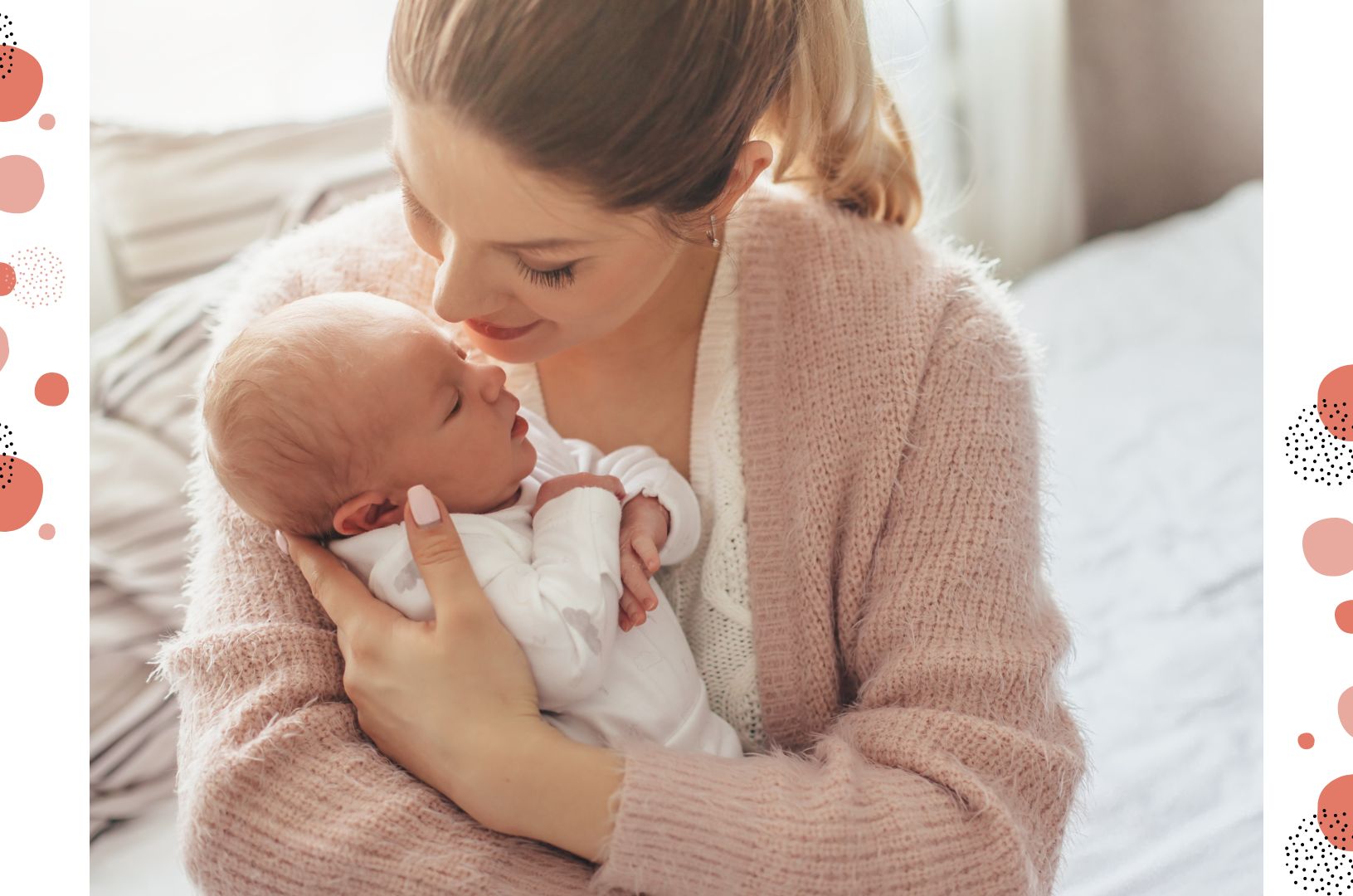
Recall that your body needs time to adjust to the changes associated with pregnancy and delivery. Have patience with yourself while you heal. Honour little achievements and don't be afraid to seek assistance when required.
Taking care of yourself as a new mother is essential to giving your child the best care possible. Make sleep a priority, eat well, do light exercise, and encourage honest discussion about your feelings. By implementing these straightforward yet effective suggestions, you're establishing the groundwork for a happy and healthy postpartum experience. Post-pregnancy care is a journey of both physical and emotional recovery.
To promote a healthy post-pregnancy diet, Nushka has brought traditional Indian Japa recipes with a touch of modern taste. At Nuhska, you will get a large variety of healthy products from Ajwain ladoo to Ragi ladoo. Further, these products are made with the approved Ayurveda method.
Here are the 5 importance of postnatal care: